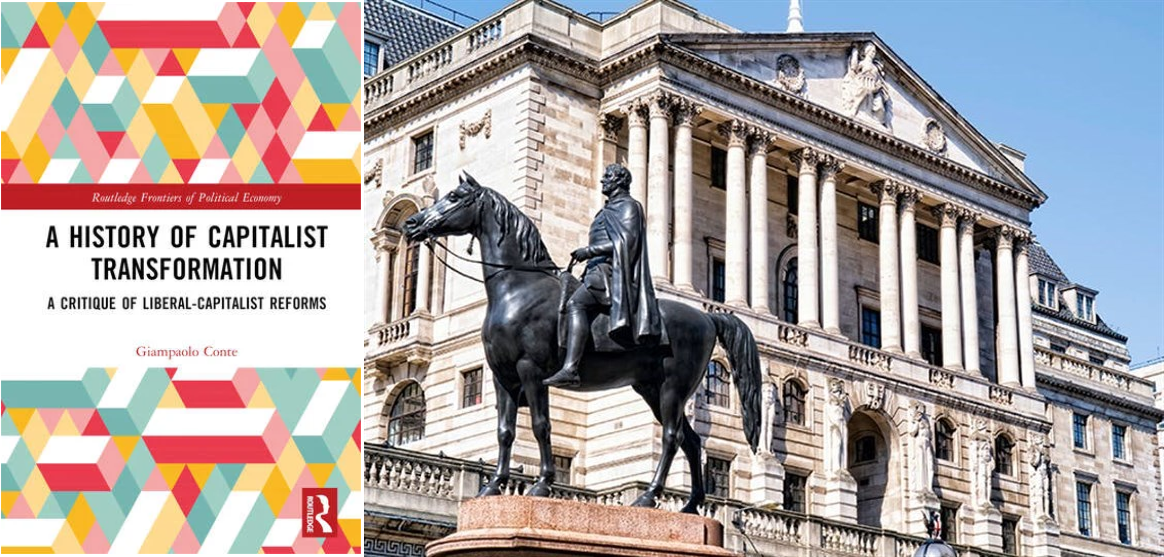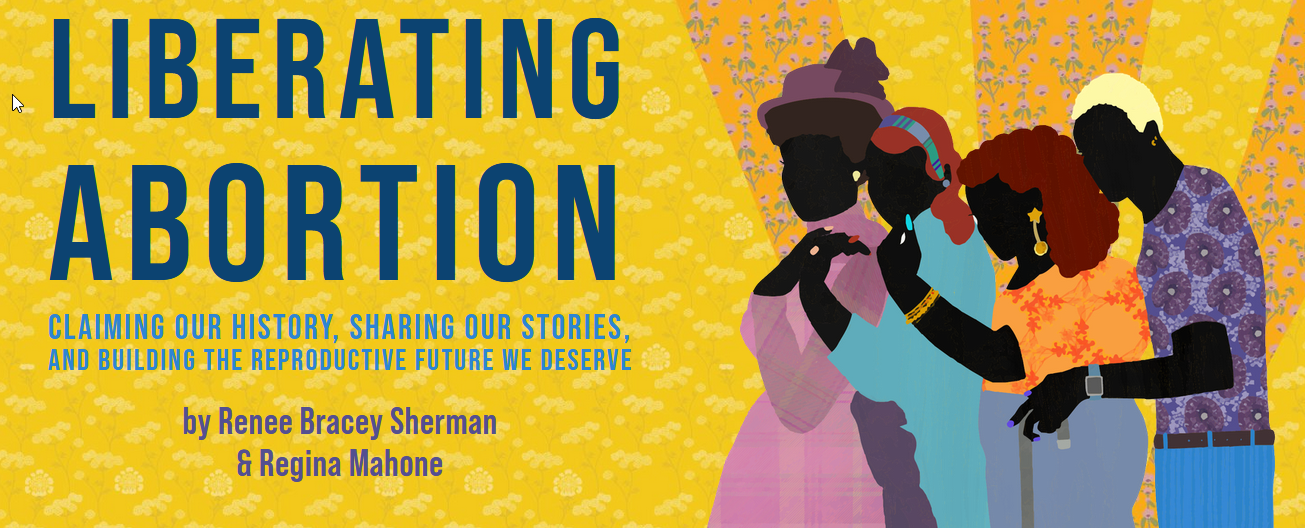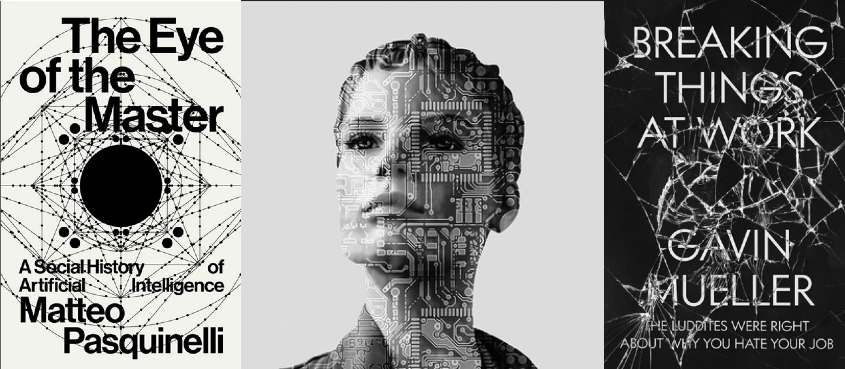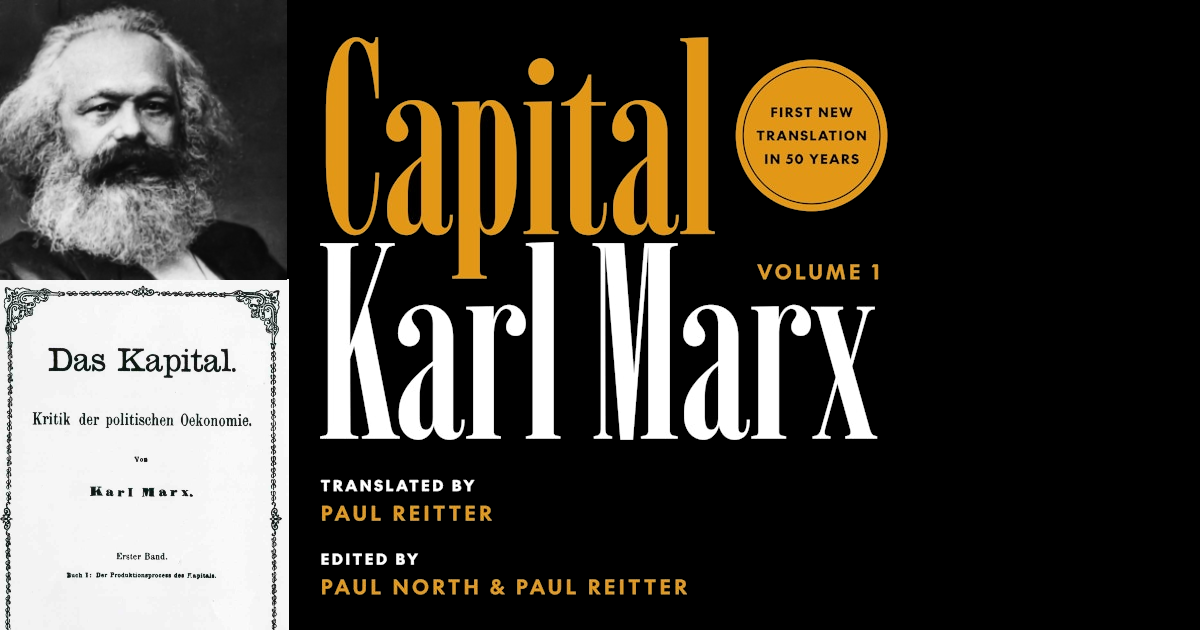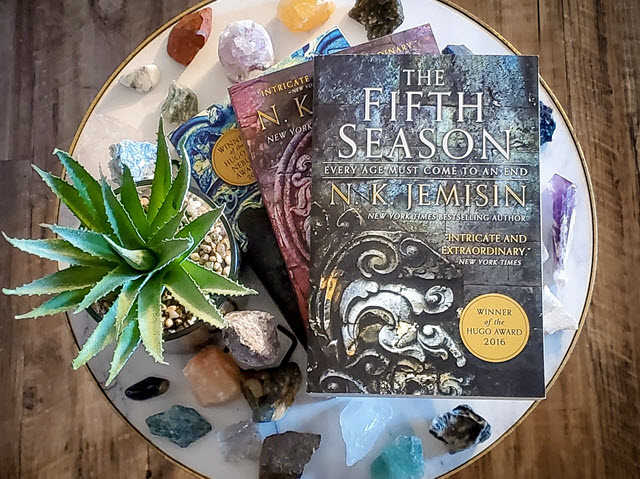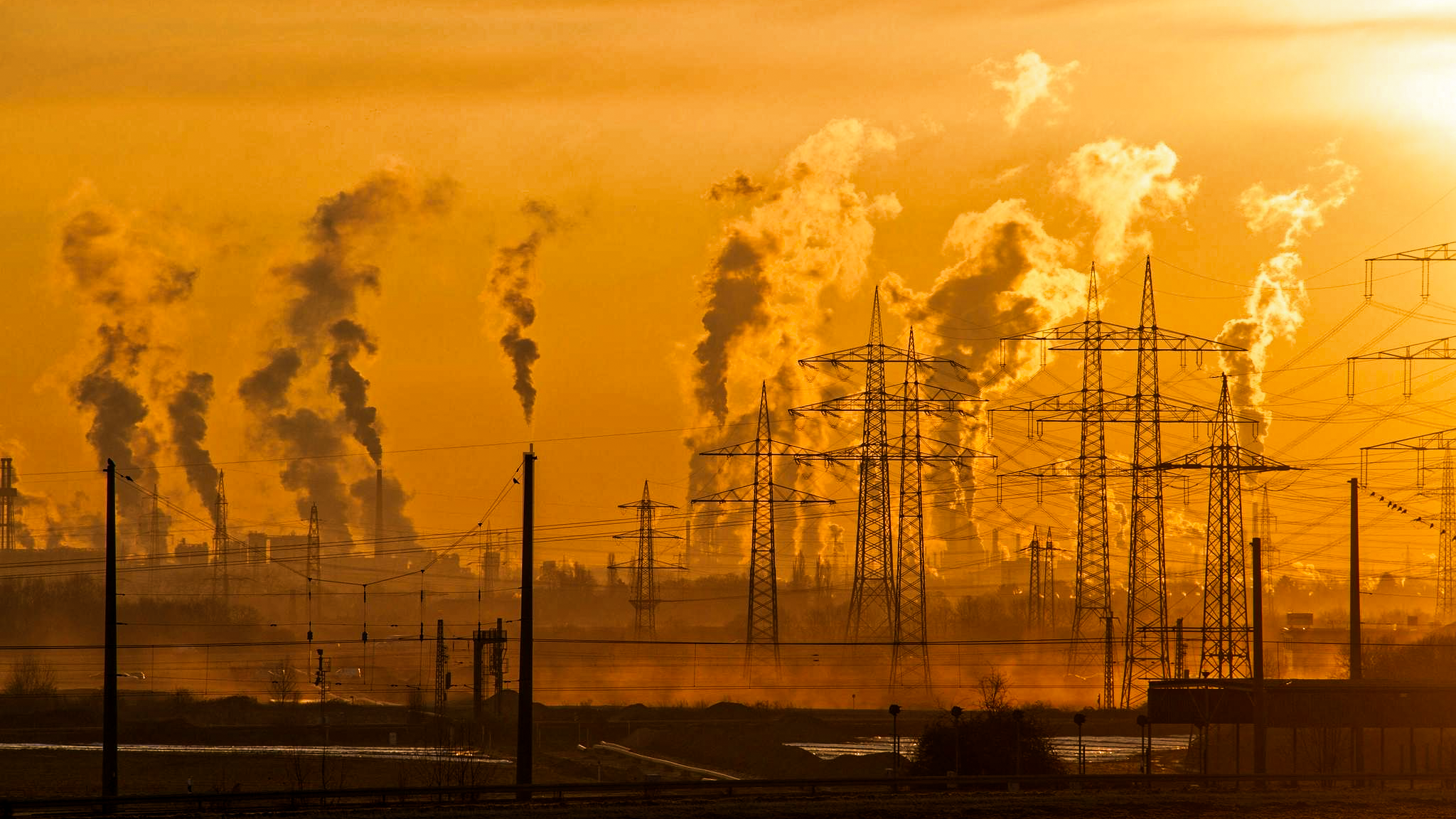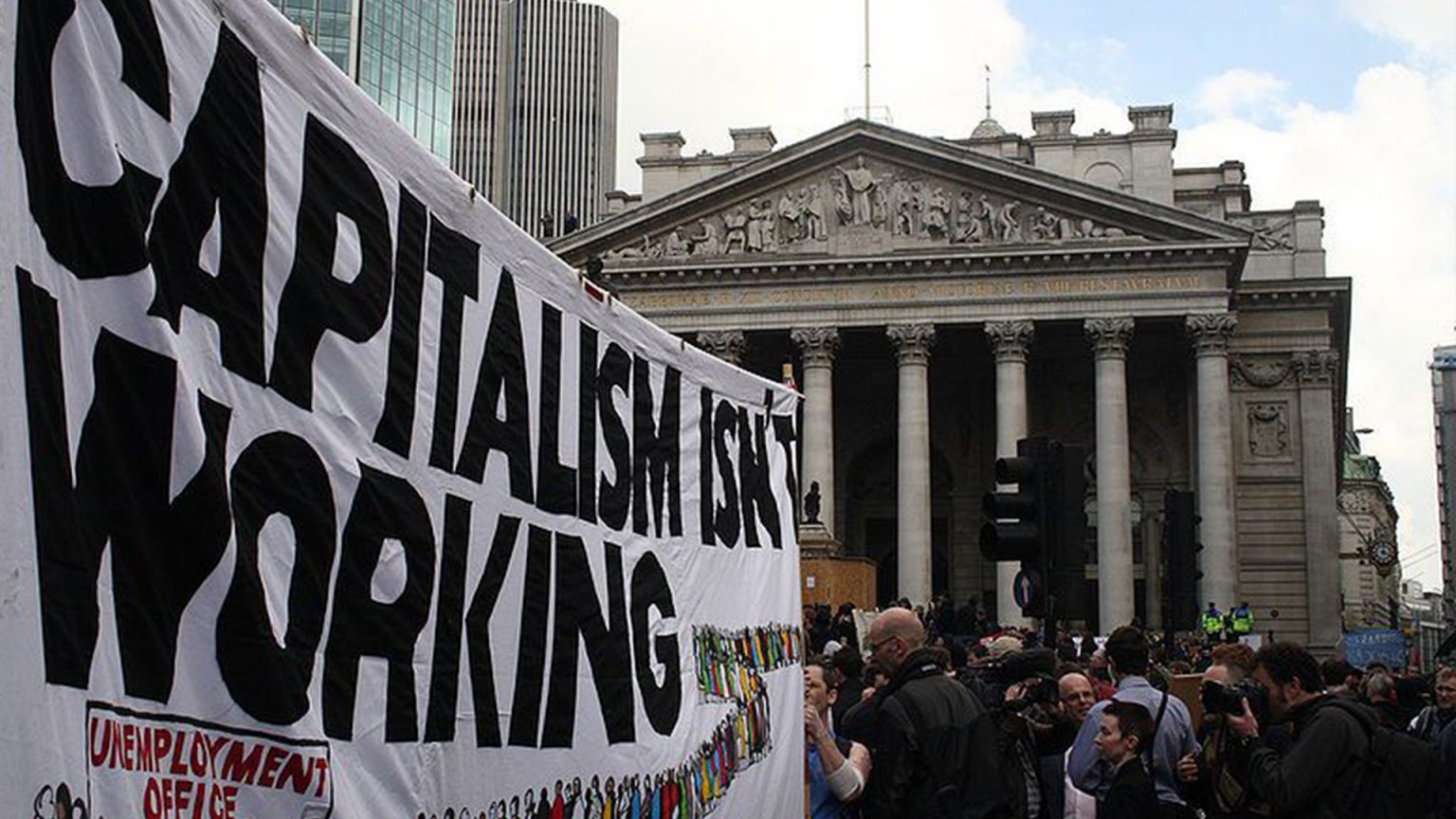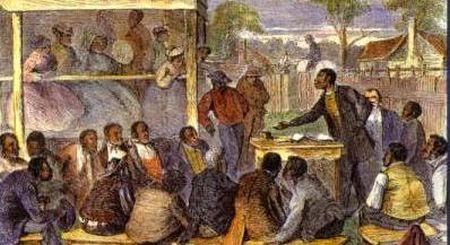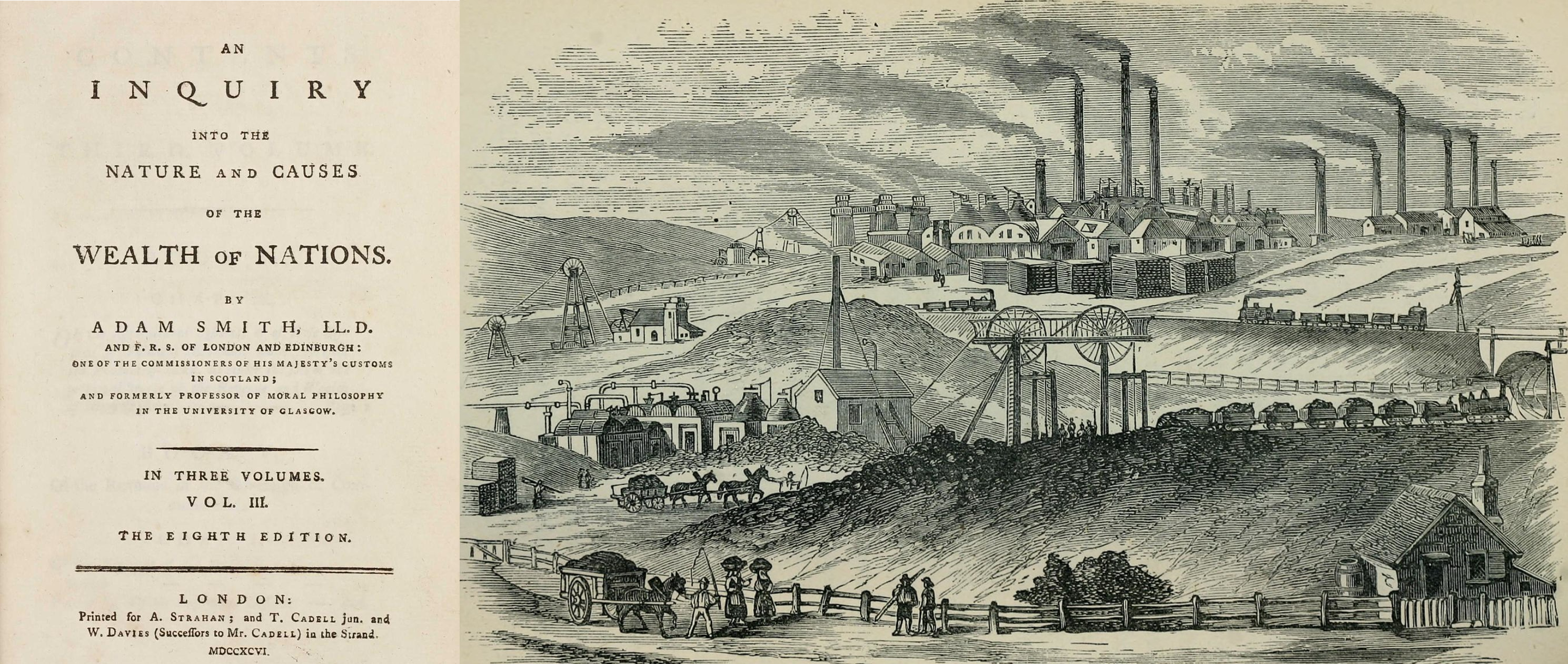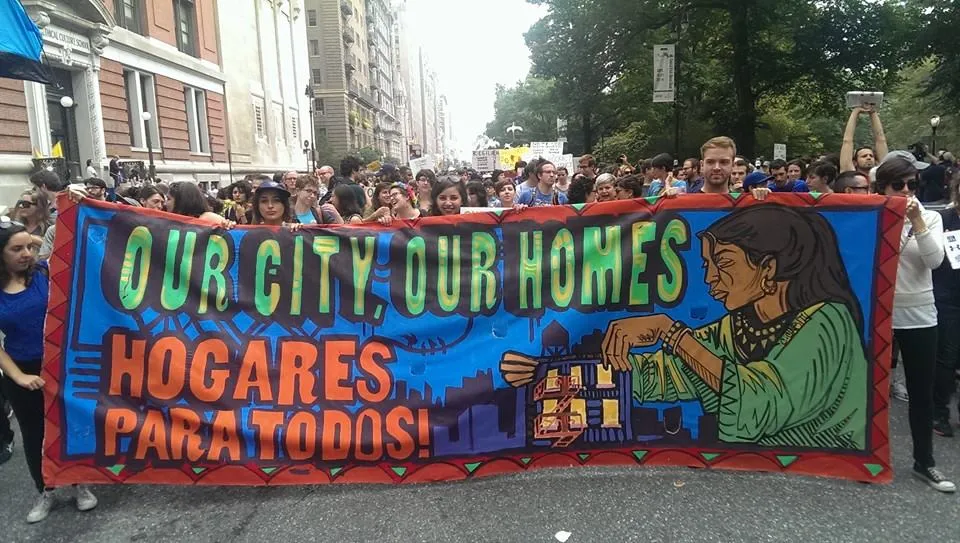featured
Conversations on the US Elections
Online: Zoom link will be provided to registered participantsJoin us online on Tuesday, September 17 at 6:30 pm US ET for an open-ended conversation about the evolving US political conjuncture now shaping the November elections. Drawing on our recent study of political strategy and fascism, we will assess the contending social and political forces in the US election campaign and consider the various approaches put forward by currents on the American left.
Book Talk: On the History of Capitalist ‘Reforms’
Recording available on YouTubeGiampaolo Conte presents 'A History of Capitalist Transformation: A Critique of Liberal-Capitalist Reforms', just published by Routledge. Conte's historical research demonstrates that the chief purpose of such reforms has been to integrate semi-peripheral states into the capitalist world-economy.
Book Talk: Liberating Abortion
Recording available on YouTubeRegina Mahone presents Liberating Abortion, a galvanizing history recentering people of color to put forth a timely argument that we must liberate abortion for all. Mahone and co-author Renee Bracey Sherman illustrate the long racist history that brought us to this moment, uncover the hidden figures who laid the foundations that activists and storytellers are building on today, and explain how abortion has been and remains essential to the health of our communities.
Conversations on the US Elections – What happens next?
Online: Zoom link will be provided to registered participantsJoin us for a first-impressions conversation on whatever results are known of the 2024 US elections. We will not know everything; many things will play out over the months that follow. We will know some things that have already taken shape. We can ask what will governing look like, what new shapes may fascism take, what directions will capitalism take, and how resistance will evolve. What does the election mean for climate struggle, Palestine solidarity, reproductive freedom, challenging the carceral state?
A Prime Competitor: Understanding Amazon’s Market Power
Recording available on YouTubeStephen Maher and Scott Aquanno present an innovative analysis of Amazon's market power, drawing on major themes from Marx's Capital, volume 2. In a recent contribution published by Canada's Socialist Project, they challenge understandings of "monopoly" common in mainstream economics as well as among sections of the left.
AI versus Labor: Luddism and Beyond
Online: Zoom link will be provided to registered participants8 weekly sessions starting Oct 1. Is Artificial Intelligence (AI, sic) really the dire threat to the future of humanity as even some of its proponents claim, or is it a more mundane and familiar threat to working people who face loss of their livelihoods and/or further speed-up and alienation? The entire history of industrial capitalism is punctuated by recurring waves of automation to reduce labor costs and turnover time, each time provoking strong resistance by the affected workforce. This reading group will probe the history both of AI and computer technology specifically and of working-class resistance to capitalist automation in general.
Translating ‘Capital’ for the 21st Century
Recording available on YouTubeThe appearance of a new English-language edition of Marx's Capital, Volume I, translated and edited by Paul Reitter and Paul North, has been a momentous occasion. Join a conversation with Reitter, North, and noted Marx scholar Michael Heinrich on the challenges of translating Marx for 21st century readers, the weaknesses and strengths of earlier translations, and the ways the new edition can help us understand Marx's analyses of capital and value.
Reading Science Fiction Politically: NK Jemisin’s Broken Earth Series
Online: Zoom link will be provided to registered participants"To build a better future, we have to envision it first." Reading science fiction, discussing it together, and reading it politically, offers one tool for "envisioning" a future worth building. This fall, we continue our explorations of diverse points of view of social conflict and resolution, possible and imagined just worlds, here on Earth and perhaps afar.
Reading Capital in an Age of Climate Change
Recording available on YouTubeMatt Huber highlights the relevance to the climate crisis of key concepts from Marx's 'Capital' such as value, the hidden abode of production, surplus-value, the accumulation of capital, primitive accumulation, and the expropriation of the expropriators.
Reading Marx’s Capital, Volume III
Online: Zoom link will be provided to registered participantsA weekly study group covering Marx's Capital, Volume III, The Process of Capitalist Production as a Whole. This work integrates and completes Marx's analysis, enabling us to understand and make sense of how the phenomena we see occurring on the surface of society are related to the underlying system of capitalism.
Historical Roots of American Fascism: The Reconstruction Era
Online: Zoom link will be provided to registered participantsTake part in the Political Strategy study group’s sweeping look at the history and political significance of six major waves of struggle and counter-revolution in the United States. Our study ... Read more
Adam Smith and ‘The Wealth of Nations’
Online: Zoom link will be provided to registered participantsAdam Smith deals with such issues as the so-called labor-theory of value, the equalization of the rate of profit, and the determination of commodity prices in important ways that anticipate Marx or require the corrections Marx provides. So, in this group, we will dive headlong into Smith's opus, The Wealth of Nations.
Henri Lefebvre’s Critique of Everyday Life
Online: Zoom link will be provided to registered participantsAn open-ended reading group on Henri Lefebvre’s Critique of Everyday Life - a major manifesto of humanist Marxism and a clarion call for revolutionary praxis through sustained critique of daily living. “Lefebvre pushed philosophy out into the streets,” the critic McKenzie Wark has written; his work has influenced fields as diverse as sociology, cultural studies, architecture and urban planning, as well as movements including the Situationist International and the activists of May 1968.


